All staff and students welcome. Please feel free to bring your lunch.
Voices of the Secret State: Human Rights Activism among North Korean
Defectors in the UK
Abstract: My paper aims to highlight the lived experiences and identity formation of North Korean defectors settled in the UK who are involved in human rights activism. Whilst violations of human rights in North Korea are well documented, human rights activism by its defectors is less well known. Since 2004, approximately 600 North Koreans have settled in the UK. Free NK, a human rights organisation born out of this settlement, has been active in illuminating the reality of North Korea whilst also working towards subverting the regime by informing its fellow remainders about the outside world through the distribution of newspapers. This paper is drawn from ongoing research on North Korean defectors living in the UK. The data is collected using life history interviews to capture their lived experiences and to identify a range of factors which have influenced their involvement in the activism whilst also seeking to find better ways of improving the wellbeing and quality of life for those activists. The presentation will focus on the in-depth story of a North Korean defector who has founded Free NK. Themes that will be addressed in this story include the reason why he has fled North Korea; the processes of getting to the UK; challenges he has faced in his human rights activism.
Dr Hyun-Joo Lim is a lecturer in Sociology and the programme leader for BA Sociology and Social Policy at BU. She is originally from South Korea and has been engaged in various research projects that explore issues around migration, ‘race’/ethnicity, gender and identity. Her previous research examined East Asian mothers in Britain.
For more information about Social Science seminar series please get in touch with Dr Mastoureh Fathi (mfathi@bournemouth.ac.uk).

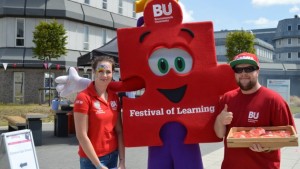


 Weathering the rain, the event kicked off with a reflective exercise called ‘Analogue Twitter.’ Participants were asked to write down a story of their research in 140 characters or less. From sports management to midwifery, research stories spanned the disciplines.
Weathering the rain, the event kicked off with a reflective exercise called ‘Analogue Twitter.’ Participants were asked to write down a story of their research in 140 characters or less. From sports management to midwifery, research stories spanned the disciplines.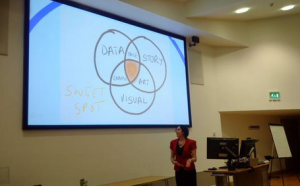



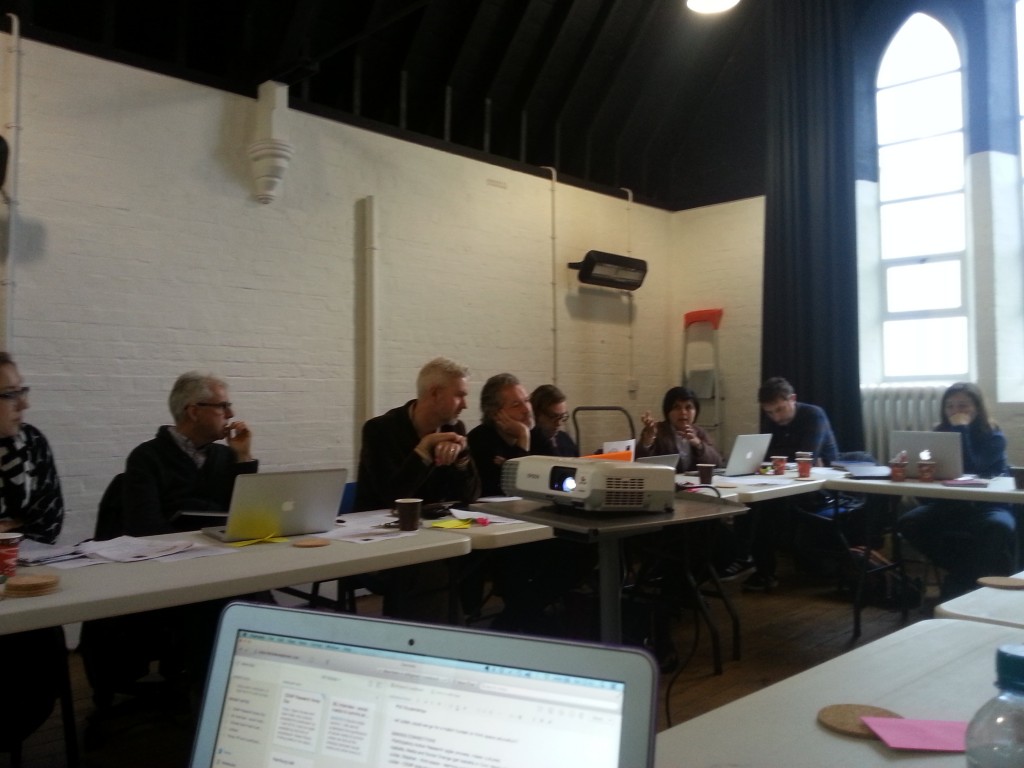
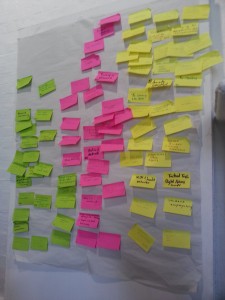
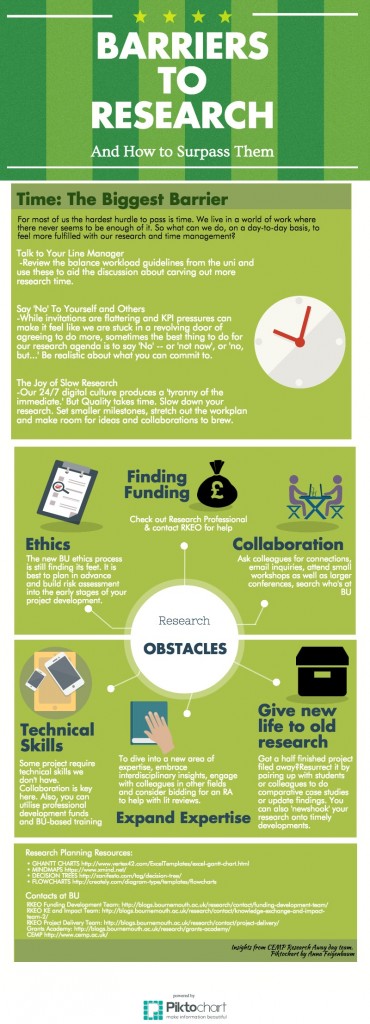
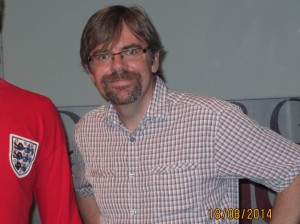

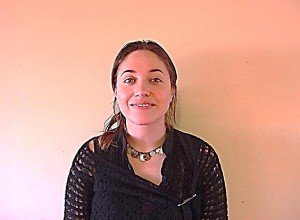
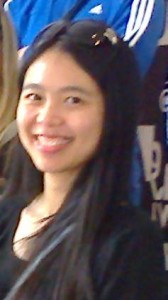
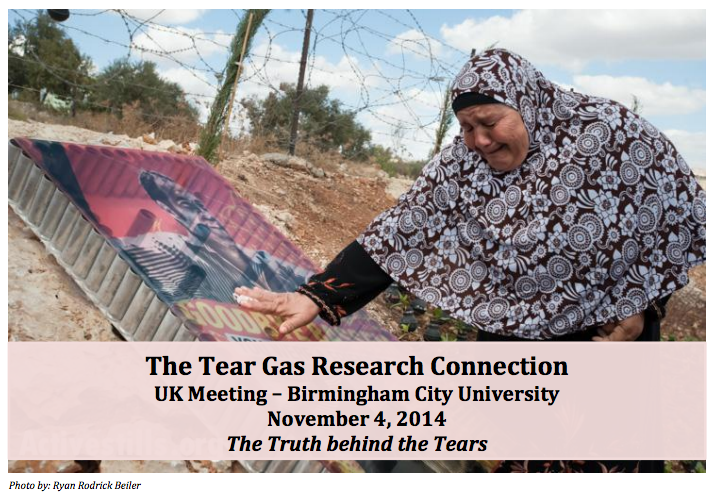
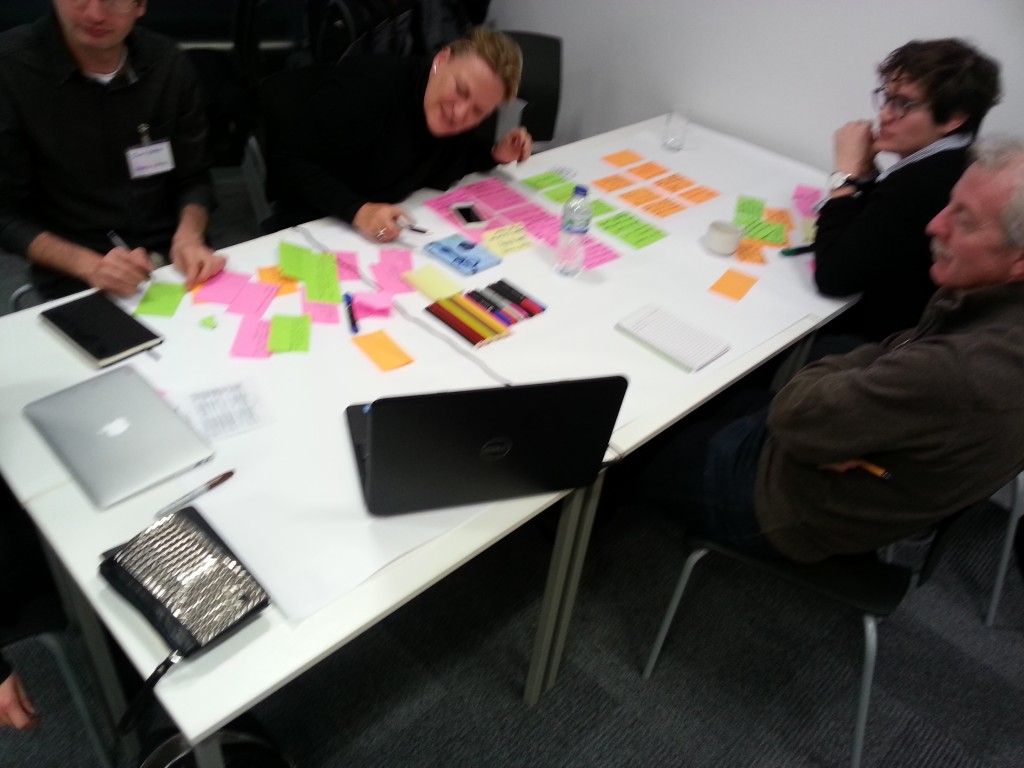
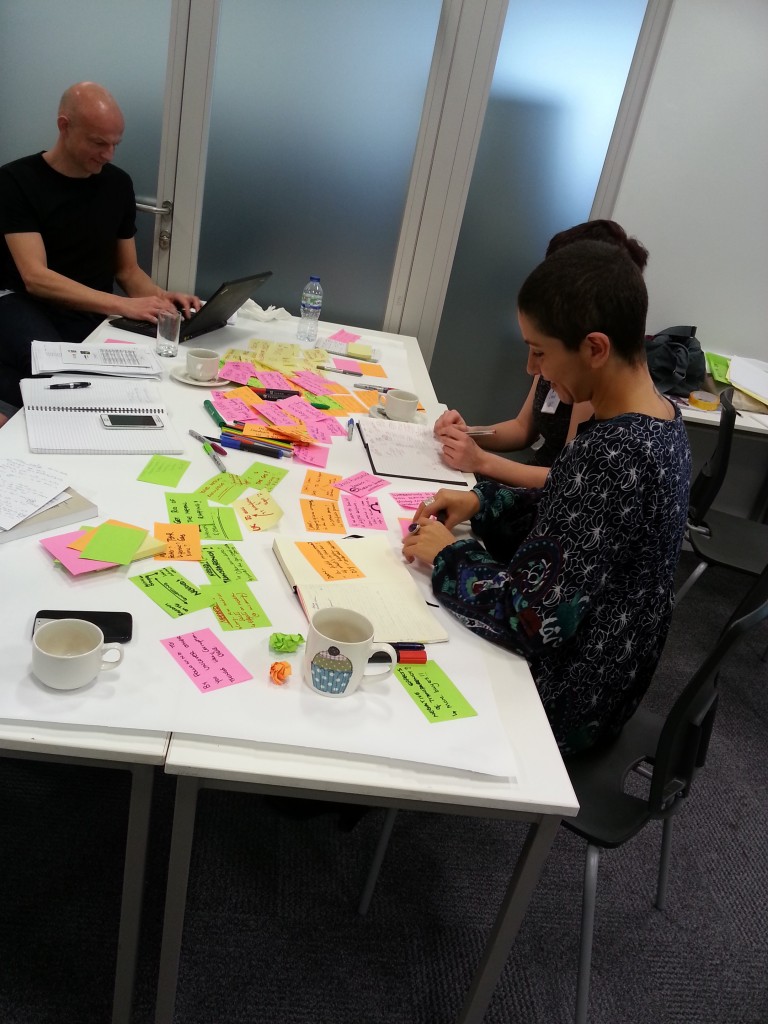
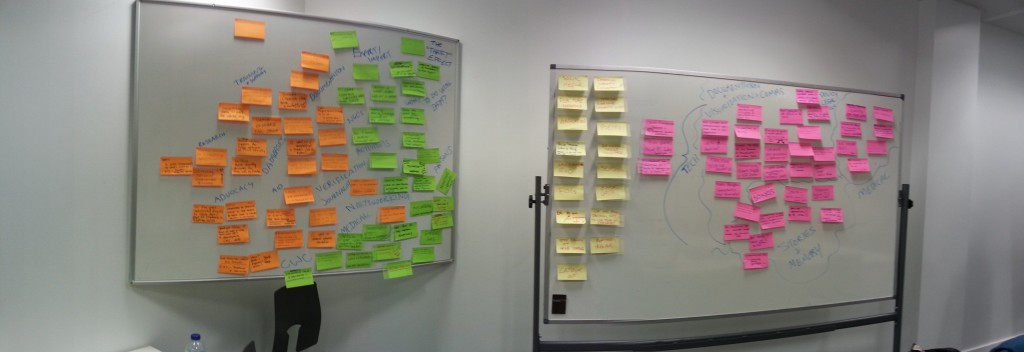
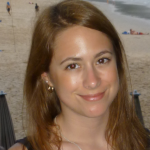











 New Seed Fund for Public Engagement with Research: Last Six Funding Opportunities Available
New Seed Fund for Public Engagement with Research: Last Six Funding Opportunities Available Congratulation on new interdisciplinary publication
Congratulation on new interdisciplinary publication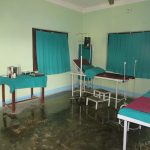 BU professor speaking at Aberdeen Centre for Women’s Health Research (ACWHR)
BU professor speaking at Aberdeen Centre for Women’s Health Research (ACWHR) Reminder: Opportunity to get more involved in preparing Social Work and Social Policy REF 2029 submission – impact and engagement
Reminder: Opportunity to get more involved in preparing Social Work and Social Policy REF 2029 submission – impact and engagement New seed fund for public engagement with research: open for applications
New seed fund for public engagement with research: open for applications Horizon Europe News – December 2023
Horizon Europe News – December 2023